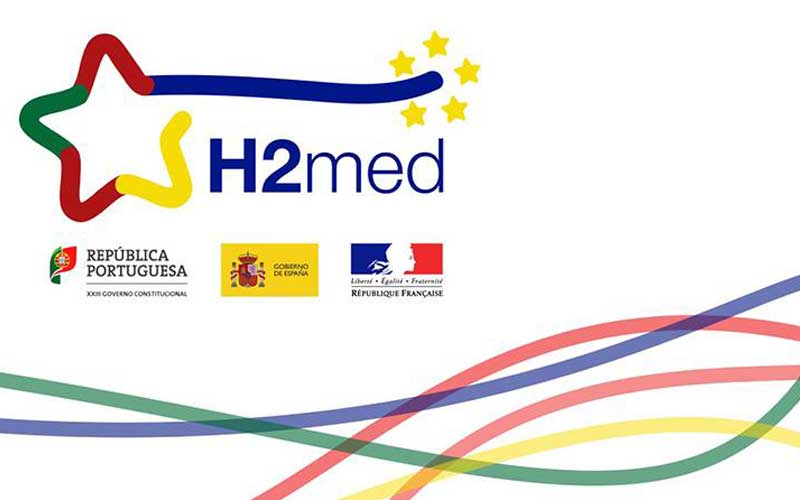Germany has joined the Mediterranean Hydrogen pipeline project, named H2Med, with existing member countries Spain, Portugal and France. The pipeline, to be constructed under the Mediterranean Sea, is expected to supply about 10% of the European Union’s hydrogen demand and is proposed to be completed in 2030. Previously, the estimated budget of the project was EUR 2.5 billion, but with Germany’s inclusion the cost will be increased. The pipeline project was announced following Europe’s initiative to reduce dependence on Russian energy and switch to cleaner energy.

Germany is reportedly joining the H2Med project, a Mediterranean Hydrogen pipeline project between Spain, Portugal and France dedicated to connect Portugal and Spain with France and now Germany, in order to supply about 10% of the European Union’s hydrogen demand by its expected completion in 2030. The pipeline will be built under the Mediterranean Sea and carry green hydrogen, which will be produced from water through electrolysis using renewable energy, from the Iberian Peninsula to the rest of Europe. The Spanish government estimates H2Med will be able to supply some two million metric tons of hydrogen annually. The initial budget of the pipeline, when Madrid, Paris and Lisbon agreed for its construction in December, was EUR 2.5 billion. However, Germany’s inclusion is expected to add to the costs.
Also Read: Indian Oil Set to Invest INR 2,200 Crore for Multiple Expansion Projects in Tamil Nadu
The decision to construct the pipeline comes as Europe aims to reduce dependence on Russian energy and make the eco-friendly shift from fossil fuels to cleaner energy. German Chancellor Olaf Scholz and French President Emmanuel Macron shared that they were stepping up their investments in the technologies of tomorrow, particularly renewable and low carbon energies. Meanwhile, Spanish Prime Minister Pedro Sanchez welcomed the news of Germany joining the project by posting a message on Twitter, stating “it definitely strengthens its pan-European dimension.”










